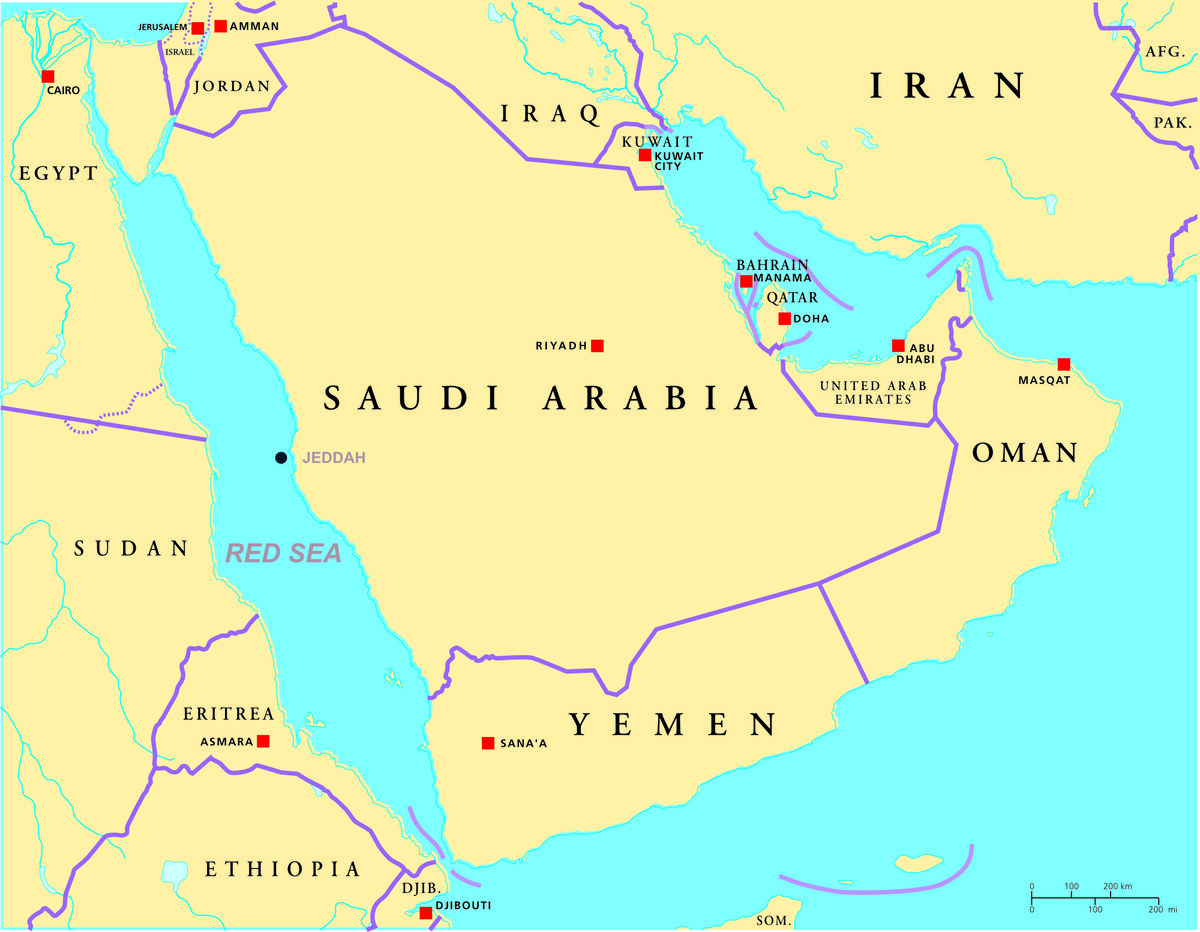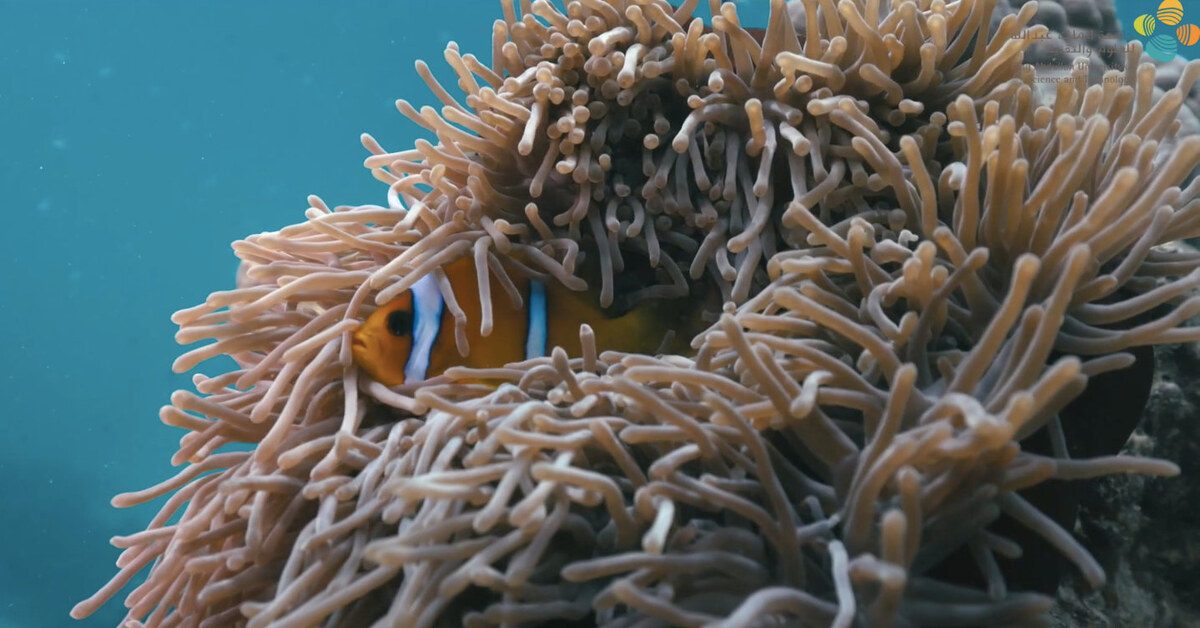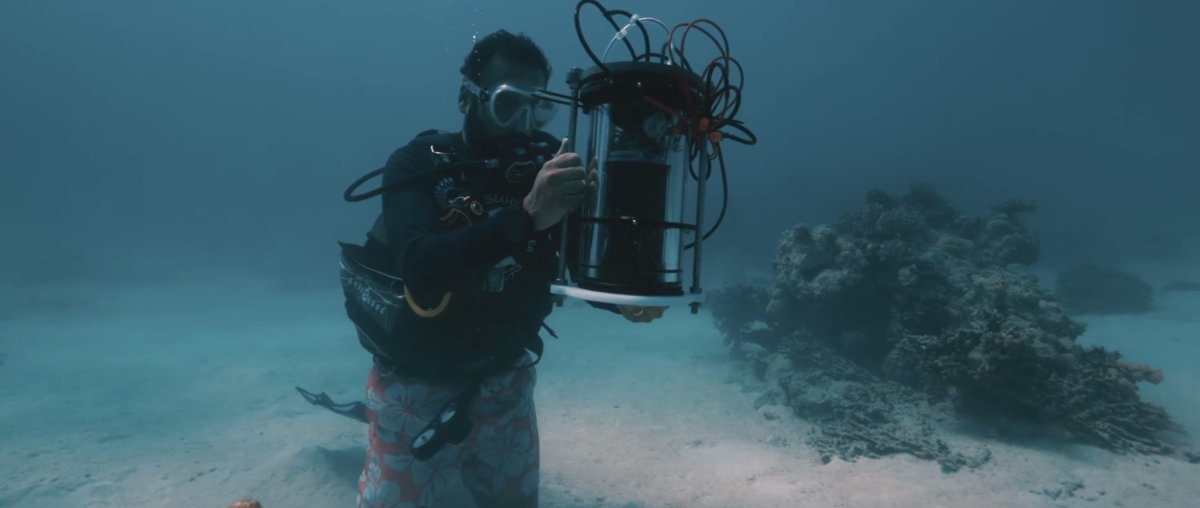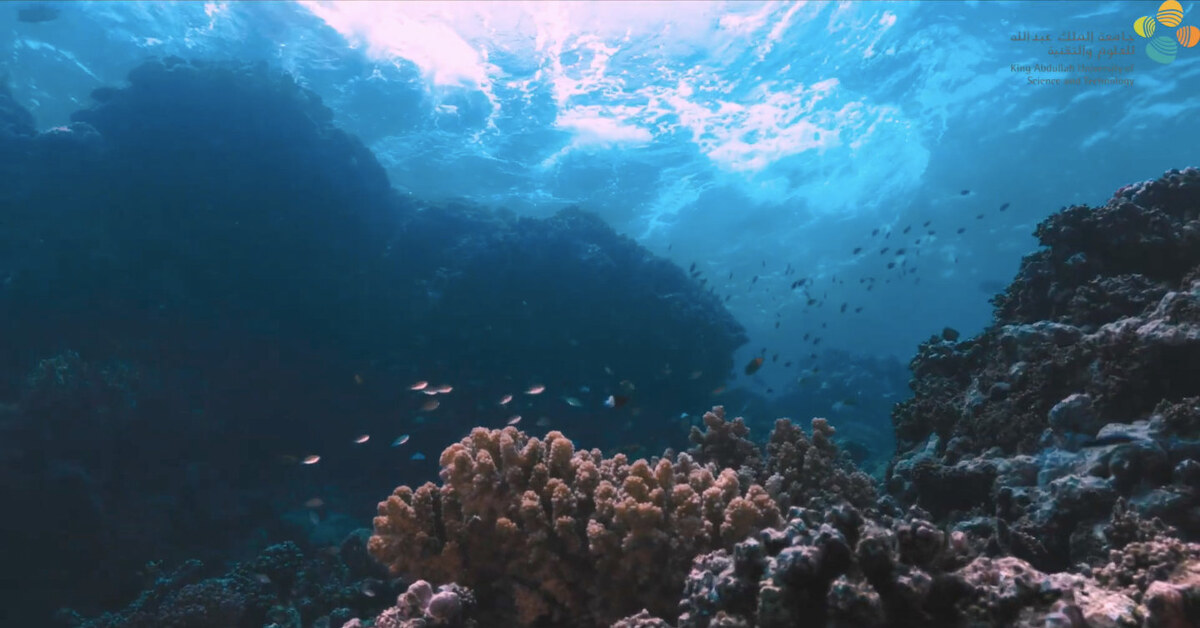RIYADH: Riyadh is hosting an international maritime forum attended by 15 countries that will discuss the importance of securing strategic sea lanes.
Under the patronage of Crown Prince Mohammed bin Salman, the military Chief of Staff of Saudi Arabia, Gen. Fayyad Al-Ruwaili, opened the first Saudi International Maritime Forum in the presence of a number of leaders and heads of concerned bodies in the marine environment.
The three-day forum, a continuation of Saudi Arabia’s contributions to the promotion of international peace and security, will run until Nov. 26 at the Ritz-Carlton.
Commander of the Royal Saudi Navy Forces Lt. Gen. Fahd Al-Ghufaili said in his opening speech that the region is witnessing threats to sea lanes and navigation lines “which require all of us to work together to secure and enhance maritime security.”
He explained the importance of protecting strategic sea lanes and securing maritime traffic to contribute to the preservation of the global economy and combat illegal acts.
Geographically, the region is home to three straits, Bab Al-Mandab, Hormuz, and the Suez Canal, linking east with west, hence the importance of securing these routes.
Al-Ghufaili listed the threats of the maritime security in the region, which are the targeting, detention and harassment of commercial ships, the threat of closure of the straits, the use of booby-trapped boats by armed militias, increased smuggling of human beings, weapons, drugs, coal and the threat of coastal missiles to maritime traffic.
FASTFACT
The first batch of trainees includes 11 Saudi male and female engineers who recently enrolled in the SAMI-Navantia OJT program that began at Navantia’s San Fernando shipyard in Cadiz, Spain.
Saudi Public Transport Authority (PTA) Chairman Dr. Rumaih Al-Rumaih said: “We seek through the Saudi International Maritime Forum to add new emphasis on the Kingdom’s interest and keenness of its wise leadership, in comparison to the unlimited support we all experience for the maritime transport industry and to ensure their development and sustainability.”
Chief Executive Officer of Saudi Military Industries Dr. Andreas Scheuer explained that the company is going to help develop the defense forces in Saudi Arabia, and its capabilities to develop the military industry, products and services, in pursuit of achieving Vision 2030.
He said that the forum will provide a platform to share and discuss matters of high importance for the protection of strategic global maritime lanes.
International companies participated in the forum’s exhibition, which presented the latest systems, technologies and equipment in the marine environment.

Participants in SAMI-Navantia's On-the-Job Training (OJT) program will be part of the team working on the joint venture’s Avante 2200 project. (SPA)
Training program
SAMI Navantia Naval Industries (SAMI-Navantia) has launched its On-the-Job Training (OJT) program on the sidelines of the forum.
The trainees will benefit from practical experience and training as part of the team working on the joint venture’s Avante 2200 project.
The SAMI-Navantia OJT program is in line with Saudi Arabia’s vision of localizing 50 percent of its military equipment spending by 2030.



































